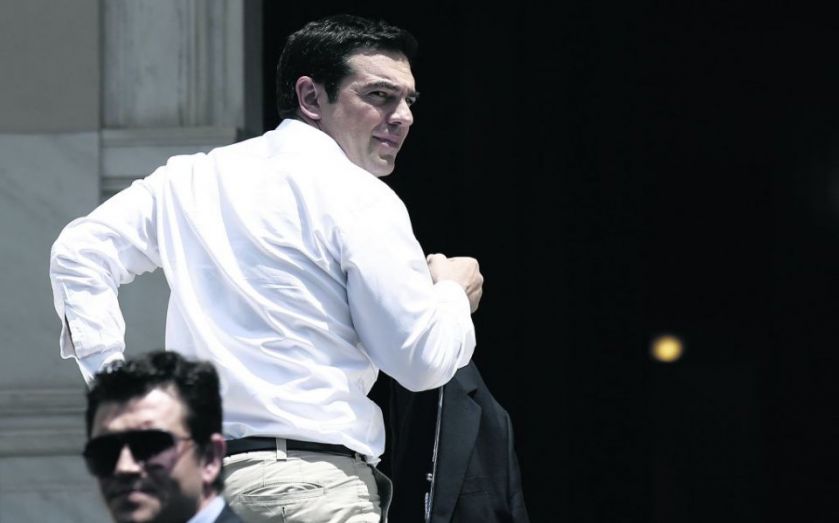Greece shocks IMF by holding back €300m

The standoff between Greece and its creditors intensified last night when the embattled Mediterranean state refused to cough up €300m (£218m) owed to the International Monetary Fund (IMF).
The payment, due today, is one of several instalments in June which Athens now says it will bundle into one transfer at the end of the month.
By 30 June the Greek government will owe the IMF about €1.6bn (£1.2bn).
The drastic measure represents the first time in history that a western nation has resorted to bundling IMF debt repayments.
The move is likely to dent relations between Greece and its international lenders even further, at a time when leading politicians from all sides need to build up trust and come to an agreement that will save the Eurozone member from bankruptcy.
Greek Prime Minister Alexis Tsipras had suggested on Wednesday night that today’s payment would be met. “Don’t worry about that,” he told reporters early yesterday morning, when asked if his government could afford to pay up.
But later IMF spokesman Gerry Rice revealed that the payment was not expected to be made, saying: “The Greek authorities have informed the Fund today that they plan to bundle the country’s four June payments into one, which is now due on 30 June.”
“Under an executive board decision adopted in the late 1970s, country members can ask to bundle together multiple principal payments falling due in a calendar month. The decision was intended to address the administrative difficulty of making multiple payments in a short period,” he added.
Tsipras emerged from Wednesday night’s talks with European Commission president Jean-Claude Juncker and Eurogroup president Jeroen Dijsselbloem in a confident mood, insisting that an agreement would be found in the coming days. But the Syriza leader returned to Greece yesterday to discover outrage from sections of his ruling party over Brussels’ ongoing demands. His coalition government reassured the public late last night that it will not accept “extreme proposals” laid out in the latest reform plans, while Tsipras spoke with German Chancellor Angela Merkel and French President Francois Hollande via conference call.
According to a Greek government official, Tsipras told Merkel and Hollande that the lenders’ proposal could not lead to a deal because it was not taking into account the progress made in Brussels. However, as is becoming commonplace, the official insisted there was optimism that a deal could be reached soon.